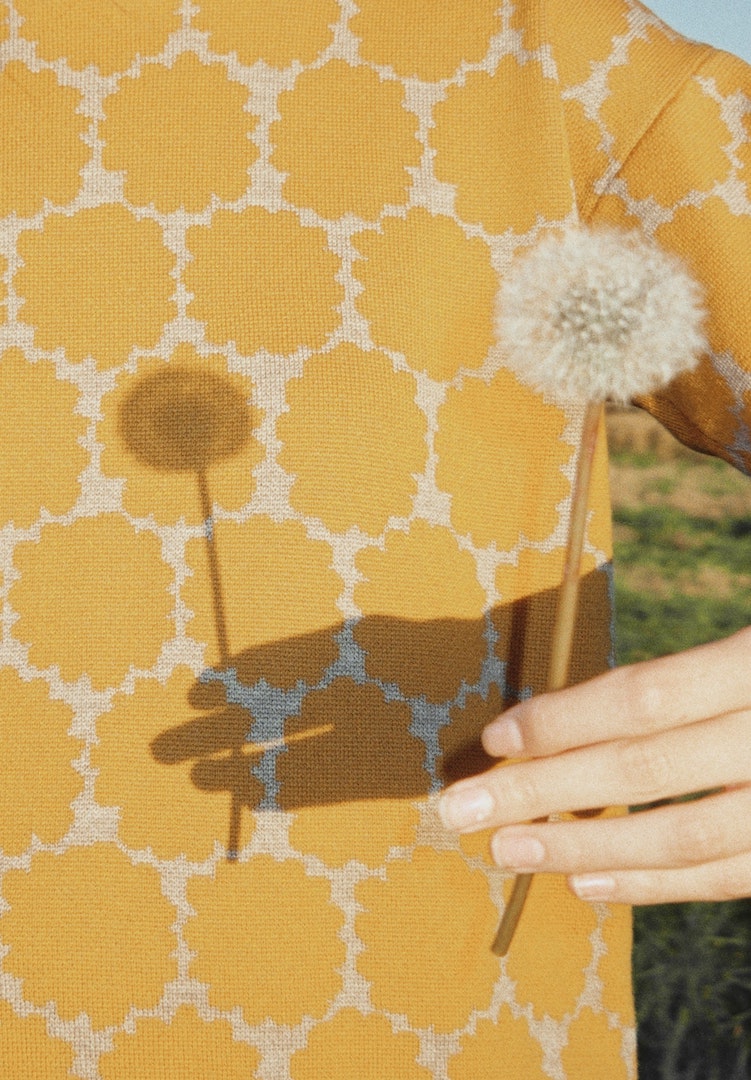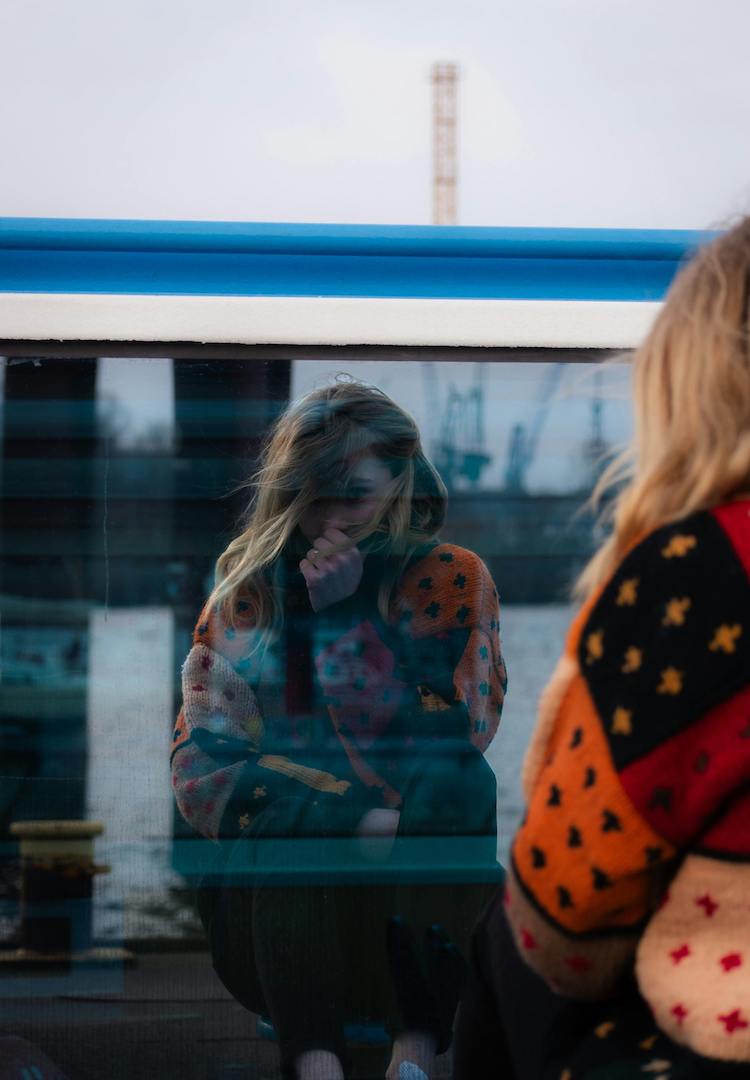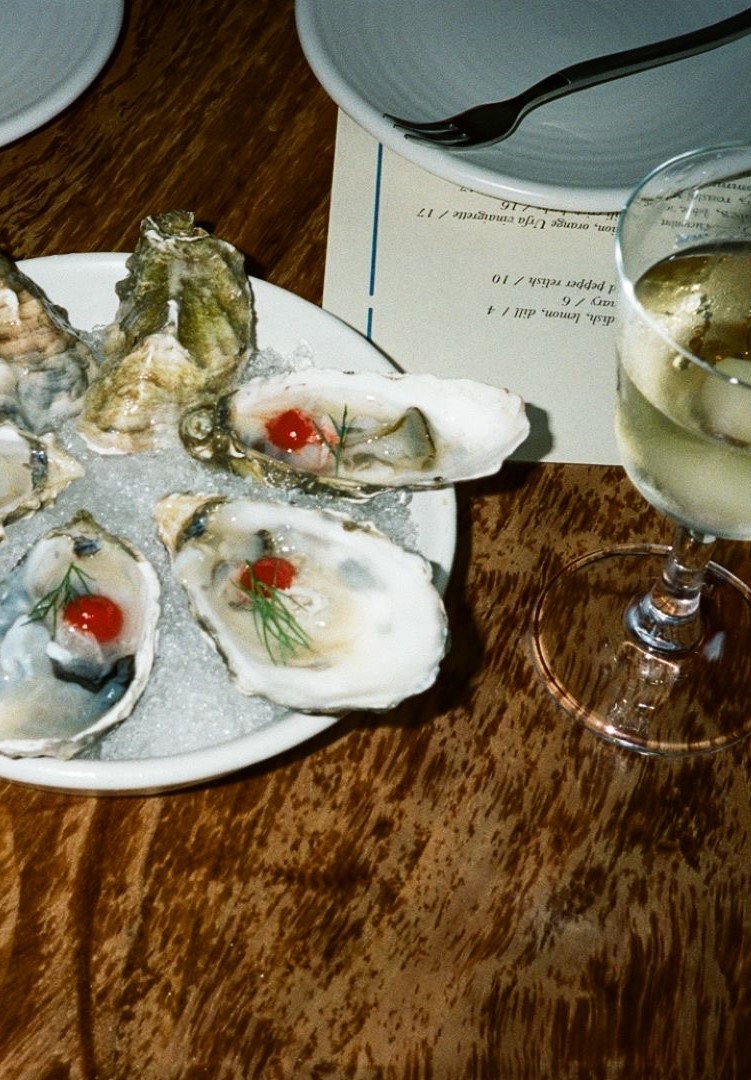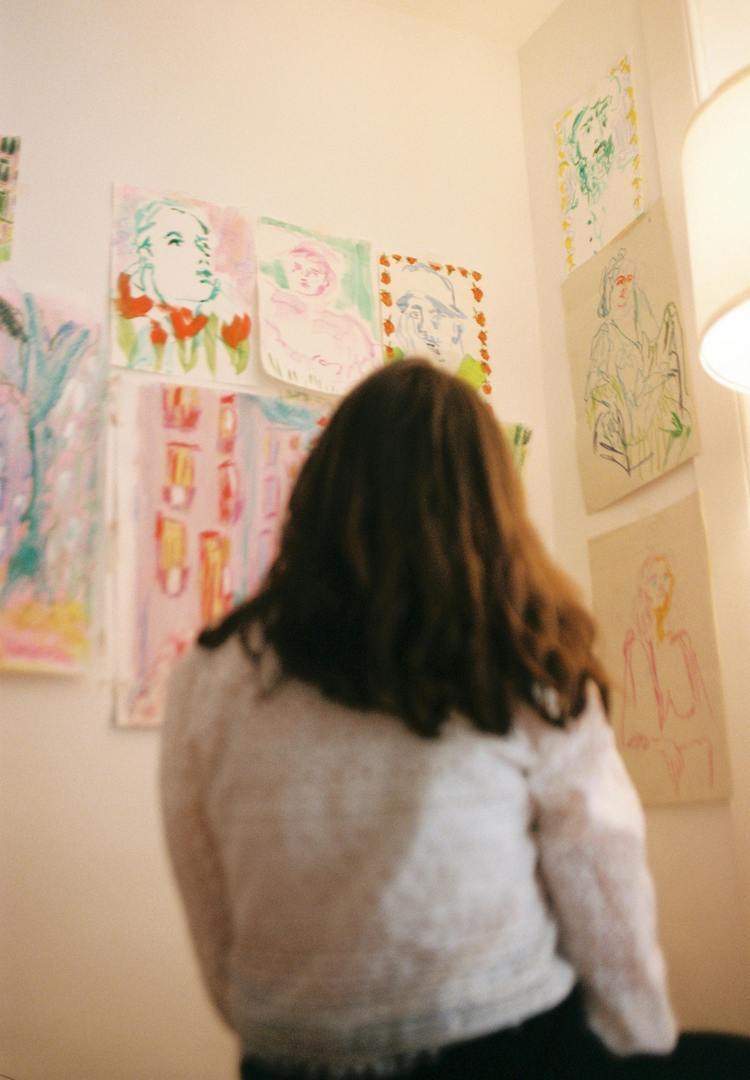What are the three unlisted love languages?
PHOTOGRAPHY AND WORDS BY CONNIE MCDONALD
“Spotlighting is showing them that you see them, love them and you want others to as well.”
On July 31, 2023 three unlisted love languages were conceived during a three-hour walk to pick up two pairs of identical platform jandals. We were in a small town in Sardinia with no water, it was the middle of the day (at least 30 degrees Celsius) and instead of quaint Italian alleyways, we were traversing dusty industrial roads. We knew it, and everyone passing us by knew it: what we were walking on could barely be called a footpath.
This was vastly different to the streets of Ponsonby, Auckland, where I live. The hot wind blew dust and dirt into the air that we later found coated over our legs in a thin, almost imperceptible layer of silt. Perhaps it was this, the pressure of our surroundings, that led us to create a conversational world that was whimsically tender yet precise, the opposite of the brutalist chaos surrounding us.
For more content like this, tap through to our Life section.
The five love languages is a gloriously rich resource that dominates conversations about love, whether it be between friends, in a psychotherapist’s office, between lovers or on your Instagram Explore page. Although they are finite, they are capable of embodying the many ways people express and prefer to receive love.
The concept of love languages was first debuted in 1992 by Gary Chapman, who at the time was a 50-year-old Southern American Baptist pastor. He published a book titled The Five Love Languages: The Secret to Love That Lasts where he introduced the world to the following love languages: words of affirmation, quality time, physical touch, acts of service and receiving gifts. Although he is open to the idea, Gary Chapman doesn’t believe that a sixth love language exists.
Many people have tried to come up with a sixth love language. These attempts include: being known, loving yourself, tolerance and Whatsapp Intimacy. However, if posterity is the measure of success, then all of these have failed.
We haven’t just come up with a sixth love language, we’ve also added a seventh and eighth. While the terms we’ve come up with might sound similar to sales and marketing lingo, they take on a different meaning when categorised as love languages. Although we’re not delusional enough to believe these will stand the test of time in the way Chapman’s original five continue to do, we do hope that you, dear reader, will enjoy luxuriating in three new ways to love and be loved in return.
Anticipating needs
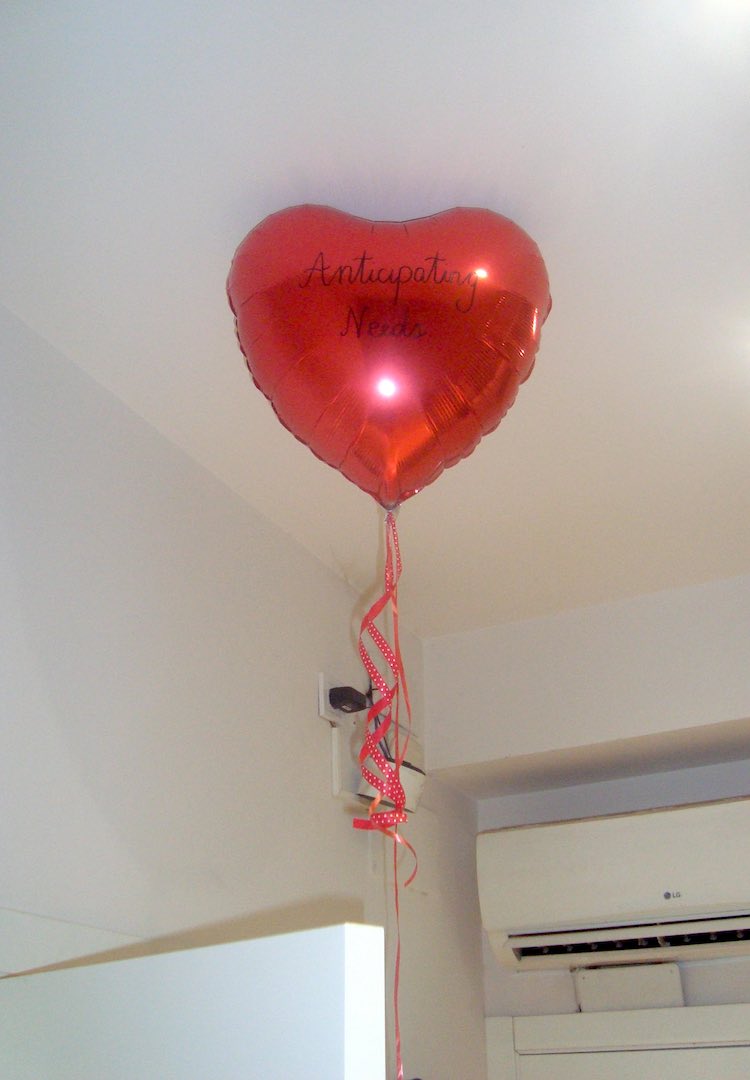
Anticipating needs is being attuned to another’s desires, and preempting them without having to be asked. It’s intuitively understanding what they require in the moment and what they might need in the future. Its anticipatory nature shows you see them and care about their well-being – you want them to have what they need without even having to ask.
Anticipating needs is “Turn your AirDrop on”. Maybe he doesn’t have many pictures of himself, and you’ve been taking gorgeous candids all day, including at golden hour when the light was hitting his cheekbones just right. God, you hope he’ll post to the grid for the first time in four years!
Anticipating needs is “This could be your next book?”. Perhaps your friend just finished Anne Frank’s diary and has been telling you about how much she loved it. You suggest the memoir of Miep Gies.
Anticipating needs is saying “Got you eggs and bread” when your housemate came home late last night after a week of visiting their parents (it was intense). You got them the eggs they always get and (the right variety of) bread.
Anticipating needs is “The wifi network is called ‘Forever Love Cafe’”. Maybe you asked for the password on your way back from the toilet in a cafe because you know your friend has limited data left, and a couple of unanswered emails she wants to reply to before the coffee arrives. Anticipating needs is passing them your vape with your outstretched hand. Anticipating needs is being a step ahead.
Recall

Recall is the art of remembering and referencing details, stories and experiences, and reaching into this reservoir. Recall bridges the gap between the past and the present.
Picture this: you and your friend are sitting on the couch scrolling your respective Explore pages on Instagram. Your friend leans over to you to show you a picture of a cross necklace. You both share a sigh over how gorgeous it is. Months pass, and you’re at an estate sale and a very similar cross comes up for auction. You buy it and give it to your friend.
Recall is something specific to your friendship or relationship like “I’ve booked us to go to Le Garde-Manger on Saturday night, it’s 777 days since we met” because you met at that restaurant, and they love angel numbers.
Recall is exclaiming “They have a platform shoe museum here, let’s go!” when you’re travelling together and you’ve just arrived in a new city. You researched the niche museums on the three-hour train ride there. Your friend’s been wearing platform shoes for ten years and while you’re more of a ballet-flat girl, you know she’ll love it and you love to love her.
Recall is telling them “I found you this at an op shop today, were you still wanting a black boob tube?” because you know they used to wear a similar top every day but two weekends ago it got oil stains on it.
Recall is saying “Didn’t your mum grow up close to here? We should go visit the town and get a photo of you outside her childhood home” because you know her mum is going to love that photo. Recall is “You remembered!”
Spotlighting

Spotlighting is giving someone the opportunity to be recognised for their unique qualities and talents. It’s about being their cheerleader and creating moments where they feel appreciated and valued.
Spotlighting is saying “Let’s all go to [insert local karaoke bar here]” because your friend is great at karaoke, and everyone there is going to be so impressed and enamoured.
Spotlighting is asking “Have you met Grace? You have to pick her brains about book publishing. She binds all the hot art books in Auckland and knows everything about ink and paper stocks. Thank God you’re here, Grace, I’m out of my depth! Teach us both” when you’re talking to someone at a party who has brought up wanting to publish a book and your friend Grace has sidled up beside you.
Spotlighting is you and your friends wearing custom singlets underneath your hoodies that say your friend’s name at their birthday picnic. On the count of three, you take your hoodies off and all show your dedication to #spotlighting your friend.
Spotlighting is calling up Whitcoulls to see if they have the new North & South magazine that comes out today that your friend has an article in. You ask them to put one aside for you so you can take a picture of it and put it on your Instagram Story. Spotlighting is showing them that you see them, love them and you want others to as well.
For more on love languages, head here.


